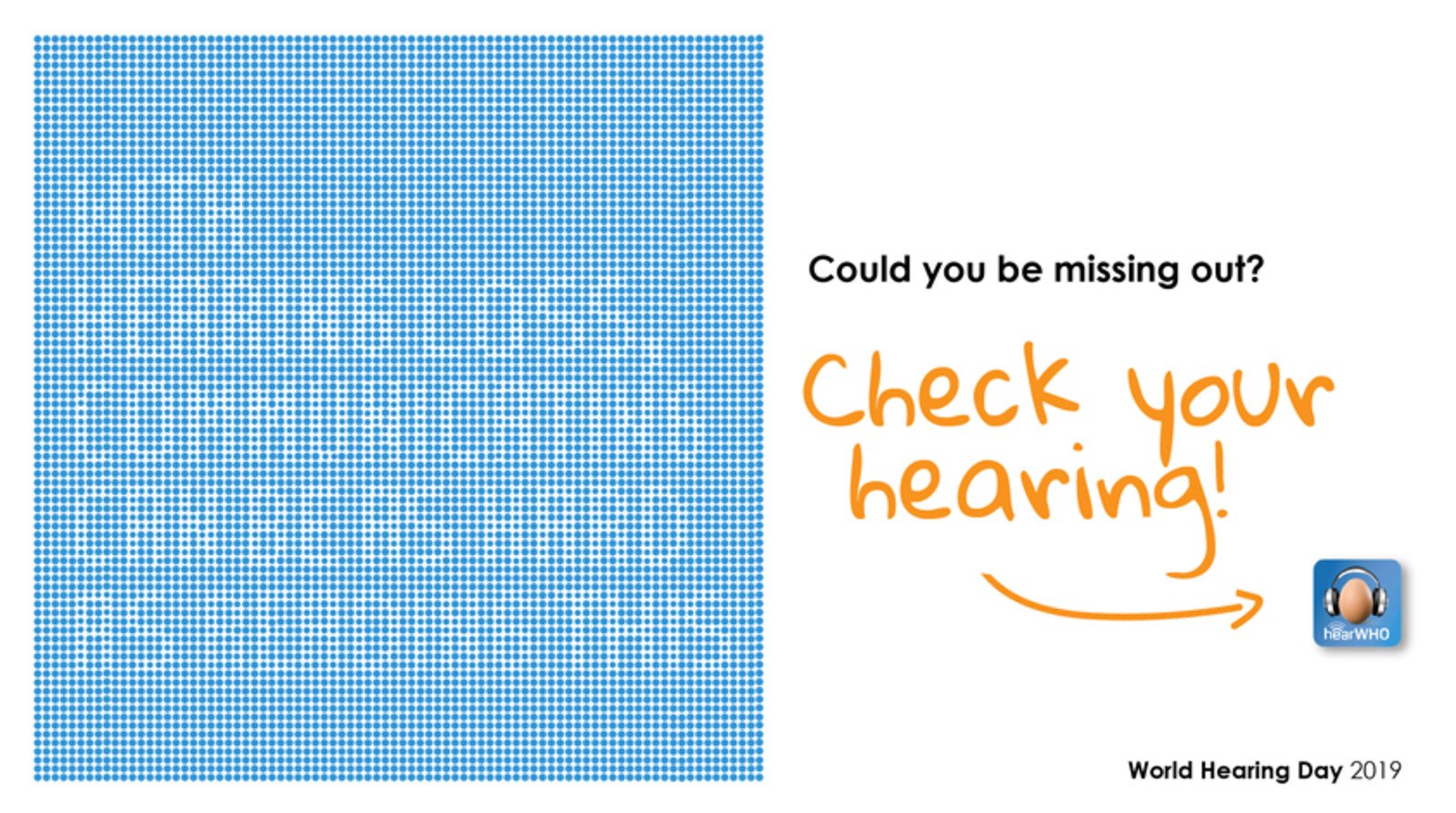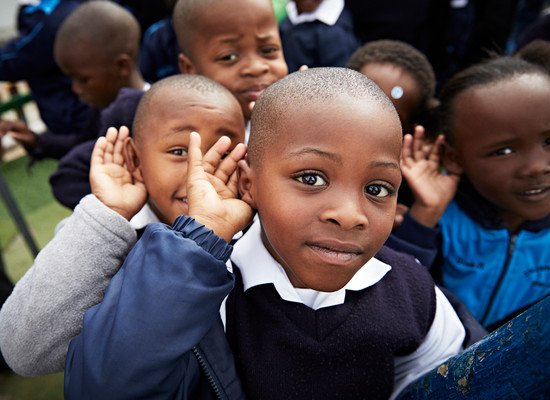Check your hearing
03. March 2019

Early identification is key - especially for children
Detecting a hearing impairment is very important for a child’s development. The earlier hearing loss is diagnosed and treated, the better chance children have of developing to their fullest potential. If hearing loss is not treated, children have considerable difficulty learning to speak. They cannot follow what is happening in the classroom as they should – and in some cases they cannot attend school at all. The consequences for children from low-income families are dire, since they face a life of disadvantages and social isolation.So if you work with children or have children on your own, here are some tips for you to know what can cause hearing loss, how you can avoid it and when you should suspect it.
What causes hearing loss?
Among newborns- Family history
- Infections suffered by the mother during pregnancy
- Premature birth
- Lack of oxygen at the time of birth
- Severe jaundice soon after birth
Among children and adults
- Infections such as meningitis, measles, mumps or ear infections with discharge
- Use of certain medicines
- Injury to the head or ear
- Exposure to loud sounds in any settings
- Listening through personal audio devices at unsafe levels
- Wax or foreign bodies blocking the ear canal
What can you do to avoid hearing loss as a child carer?
- Do not insert anything into a child's ear for any reason including to clean it
- Teach children never to insert anything into their ears
- Take your child to see a doctor in case the child complains of pain or blockage or has discharge coming from the ear
- Do not allow children to swim in dirty water
- Do not hit or slap a child
- Protect children’s ears from loud sounds
- Teach children to listen safely through personal audio devices
When should you suspect hearing loss?
Your child may have hearing loss if he or she- doesn’t respond to sounds
- cannot understand what you say properly
- has delayed or improper speech development
- has discharge from the ear
- suffers repeated episodes of pain in or blockage of the ear
Source: WHO 2019


